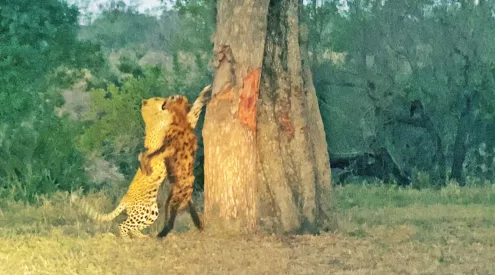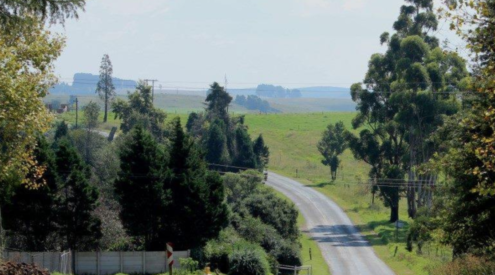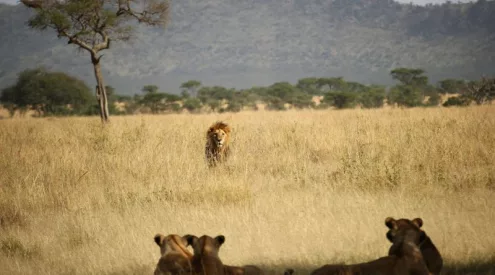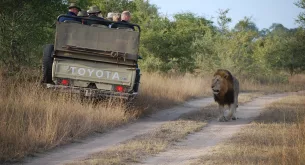Two more South African-born black rhinos, that have been living in the Republic of Chad, were found dead on 6 November. Only two remain alive of the original six that were relocated to the country just last year. There are several suspected causes of death, with malnutrition as the main culprit.
On 8 October 2017, the Governments of the Republic of South Africa and the Republic of Chad signed a Memorandum of Understanding (MoU) focusing on the translocation of six black rhinos to Chad and the management of them.
The MoU indicated that the move of the species would be to repopulate the black rhino population in the Republic of Chad.
Upon arriving at the Zakouma National Park, all the rhinos appeared to adapt well to their new environment and were carefully looked after.
The park posted to social media stating that the rhinos were quickly adjusting to their new home.
“All six rhinos are doing very well and adapting quickly to their new environment.”
African Parks reported on the loss of two rhinos in October 2018 in a social media post, sharing that a male and female rhino were found dead.
“The carcasses of a female and male, found in separate locations, were discovered on October 15th. We are in the process of trying to determine the cause of death, but we know that this was definitely not a result of poaching.”
A conservation tragedy
Two black rhino carcasses were discovered in Zakouma National Park in Chad and the Department of Environmental Affairs (DEA) has confirmed that the rhinos were not poached.
“We can confirm that none of these rhinos were poached,” says the DEA.
Several post-mortems are being conducted, analyzing blood, tissue and fecal matter to determine the cause of death.
Further studies in changes in the rhino’s tissue found no presence of an infectious disease or plant toxicity.
The DEA explains the main cause of the deaths could be attributed to the change in environment and possible starvation.
“Low fat reserves suggest that maladaptation by the rhinos to their new environment is the likely underlying cause, although tests to be undertaken on brain and spinal fluid may shed additional light on the exact cause of deaths,” said the DEA.
The remaining rhinos are being recaptured and placed into holding facilities after advice from a team of veterinarians working with black rhinos.
“To this end, a SANParks veterinarian was dispatched to Zakouma National Park to assist with the process, and one rhino has already been captured and is doing well in their enclosure.”
South Africa, Republic of Chad, SANParks, and African Parks are all working towards understanding the cause of a great loss in rhino conservation and are working together to protect the two rhinos.
Picture: Facebook/ Zakouma National Park














